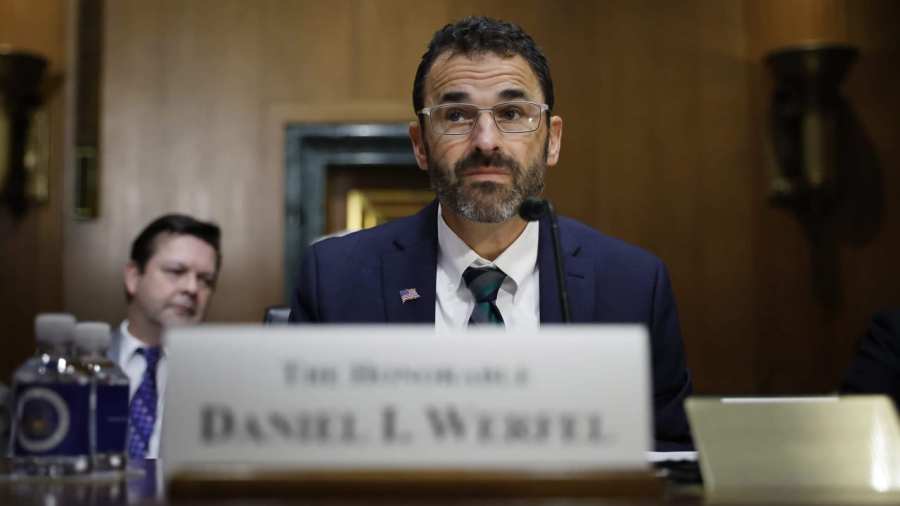IRS takes steps to curb disproportionate auditing of Black community
Research indicates that Black Americans experience IRS audit rates three to five times higher than other taxpayers, according to The New York Times.
The Internal Revenue Service is attempting to reduce the disproportionate auditing of Black people in the U.S.
According to The New York Times, research indicates that Black Americans experience audit rates three to five times higher than other taxpayers. The government agency is now revamping how it examines Americans’ tax returns.
“We are making broad efforts to overhaul compliance efforts in a manner that robustly advances our commitment to fair, equitable, and effective tax administration,” IRS Commissioner Daniel Werfel wrote Monday in a letter Monday to Sen. Ron Wyden, D-Ore., the chairman of the Senate Finance Committee.

At the heart of the initiative is a significant modification to how the IRS audits individuals who have received the earned-income tax credit, a tax refund implemented in 1975 to assist low-income employees.
The number of children a person or family can list as dependents determines the amount of the credit. The IRS reported that 31 million employees and families obtained the credit at the end of last year and that the average amount was $2,043.
Werfel’s letter stated internal research had confirmed academic studies finding that the examination of EITC claims — which are simply easier to audit, they admit — had contributed to inequities in applying the tax code and increased the likelihood that Black individuals in America would face audits.
The IRS will target hedge funds, legal firms, private equity groups and complicated partnerships as part of its updated focus on closely examining affluent taxpayers, utilizing more revenue agents and artificial intelligence technologies.
Reducing racial inequities in tax enforcement is difficult because the IRS does not gather racial data as part of the tax filing process. The agency has promised to utilize the $80 billion it would get due to the Inflation Reduction Act of 2022 to target wealthy people and improve the tax system’s fairness by preventing racial profiling of taxpayers.
The IRS will also modify how it uses information regarding children’s residences in its “automated risk scoring” process as part of the adjustments to monitoring earned-income tax credit submissions. The agency is exploring other modifications to its case selection procedure and is allocating more resources to aiding taxpayers in correcting errors.
In his letter, Werfel said it may take months after its next tax season before the IRS can determine if the changes have been beneficial. He noted that they will also reduce audits linked to the American opportunity tax credit, health insurance premium tax credit and additional child tax credit.
TheGrio is FREE on your TV via Apple TV, Amazon Fire, Roku and Android TV. Also, please download theGrio mobile apps today!



